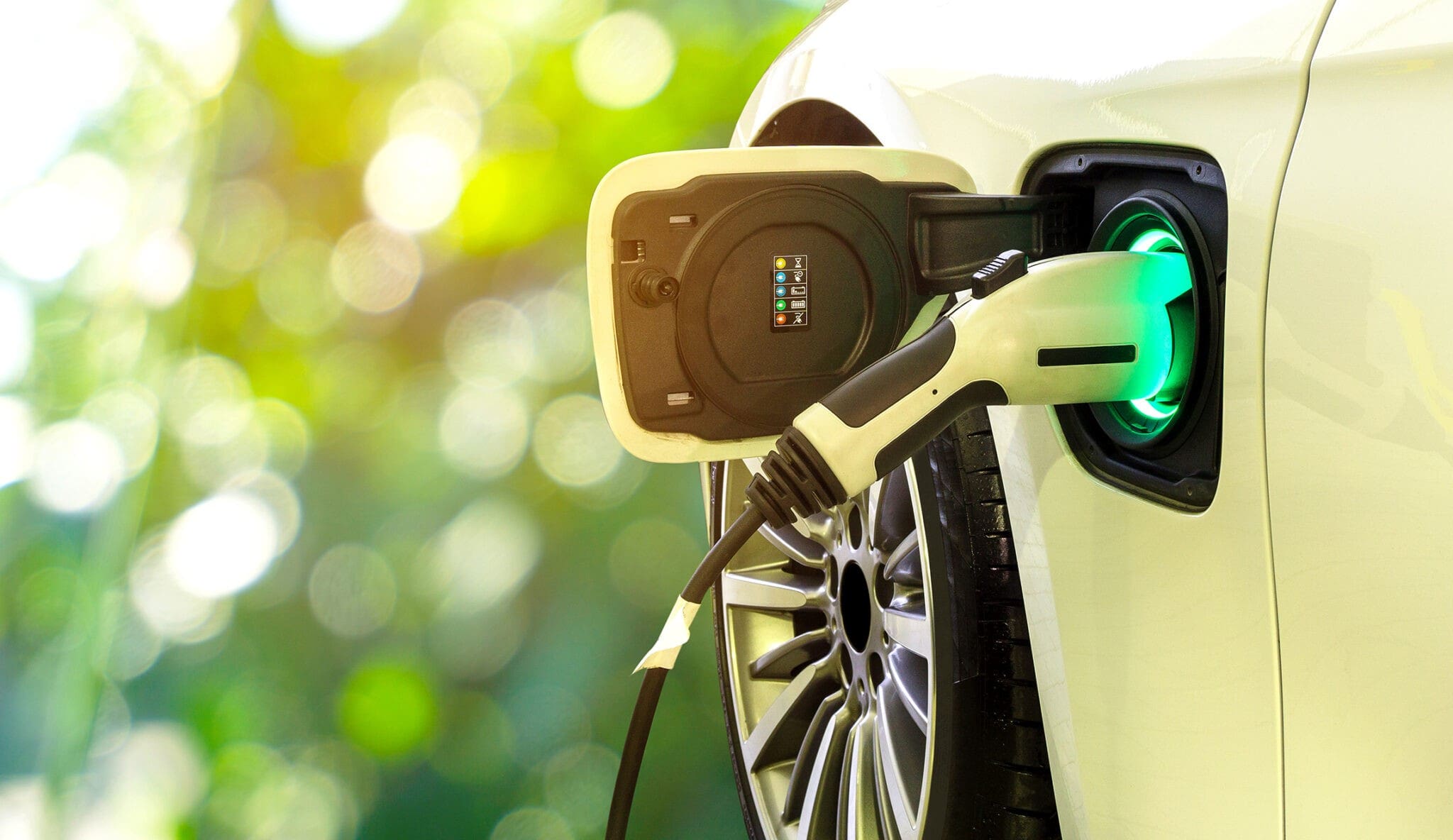How does company car tax work?
As we enter in a new year, 2024 brings a new set of tax changes for company cars. In this comprehensive guide, we will explore the recent updates to legislation, providing an in-depth analysis of company car tax, with a focus on hybrids, electric cars and VAT implications.
Company car tax changes
Company car tax rates remain unchanged from the 2023/24 rates, and as announced in the Autumn Statement 2023 the car and van charges will be frozen until the 2025/26 tax year. Therefore, to find out the car benefit, you would first take the list price and multiply it by the relevant percentage using the table below.
Car fuel benefit
Using the table below and a fuel benefit multiplier, you can also work out the car fuel benefit.
For the 2023/24 tax year, the multiplier amount has increased to £27,800. So, for example, an employee is provided with a new BMW 3 Series Saloon 320d SE, which has 123/km CO2 emissions. The table below tells us that in 2023-24 the benefit in kind is 29% of the original manufacturers’ list price. However, if any private fuel is provided there is a further taxable benefit of:
29% * £27,800 = £8,062
| CO2 Emissions g/km | Appropriate % for 2023/24 and 2024/25 | Appropriate % for 2025/26 | Appropriate % for 2026/27 | Appropriate % for 2027/28 |
| 1-50 | 14 | 15 | 16 | 17 |
| 51-54 | 15 | 16 | 17 | 18 |
| 55-59 | 16 | 17 | 18 | 19 |
| 60-64 | 17 | 18 | 19 | 20 |
| 65-79 | 18 | 19 | 20 | 21 |
| 70-74 | 19 | 20 | 21 | 21 |
| 75-79 | 20 | 21 | 21 | 21 |
| 80-84 | 21 | 22 | 22 | 22 |
| 85-89 | 22 | 23 | 23 | 23 |
| 90-94 | 23 | 24 | 24 | 24 |
| 95-99 | 24 | 25 | 25 | 25 |
| 100-104 | 25 | 26 | 26 | 26 |
| 105-109 | 26 | 27 | 27 | 27 |
| 110-114 | 27 | 28 | 28 | 28 |
| 115-119 | 28 | 29 | 29 | 29 |
| 120-124 | 29 | 30 | 30 | 30 |
| 125-129 | 30 | 31 | 31 | 31 |
| 130-134 | 31 | 32 | 32 | 32 |
| 135-139 | 32 | 33 | 33 | 33 |
| 140-144 | 33 | 34 | 34 | 34 |
| 145-149 | 34 | 35 | 35 | 35 |
| 150-154 | 35 | 36 | 36 | 36 |
| 155-159 | 36 | 37 | 37 | 37 |
| 160 and above | 37 | 37 | 37 | 37 |
For all cars, 4% must be added to the appropriate percentage if the car is diesel and does not meet the RDE2 standard.
Hybrid car tax overview
Benefit in Kind (BIK) for hybrid cars are designed to encourage the adoption of electric vehicles by offering favourable tax treatment, and therefore typically benefit from lower BIK rates compared to high emission vehicles. The reduction is part of the government’s efforts to promote environmentally friendly transportation.
The taxable benefit for hybrid company cars with low emissions is determined by the distance the vehicle can travel solely on battery power before switching to petrol. A higher electric-only mileage results in a reduced taxable benefit, as illustrated in the car benefit tables.
| Electric Mileage Range | Appropriate % for 2023/24 and 2024/25 | Appropriate % for 2025/26 | Appropriate % for 2026/27 | Appropriate % for 2027/28 |
| 130 and above | 2 | 3 | 4 | 5 |
| 70-129 | 5 | 6 | 7 | 8 |
| 40-69 | 8 | 9 | 10 | 11 |
| 30-39 | 12 | 13 | 14 | 15 |
| Less than 30 | 14 | 15 | 16 | 17 |
An example in practice would be, Alan has a Volkswagen Passat Estate GTE hybrid company car. It cost his employer E Ltd £38,320 and has the following specifications:
- Its emissions are 36g/km.
- It combines a modern conventional petrol engine with an innovative electric motor.
- Its electric range is 34 miles.
- E Ltd pays for all of Alan’s private petrol
Alan’s taxable benefit for 2023/24 will be:
- Car Benefit: £38,320 * 12% = £4,598.40
- Car Fuel Benefit: £27,800 * 12% = £3,336
- Total Taxable Benefit: £7,934.40
Electric car tax overview
Electric cars with zero emissions, such as fully electric vehicles, receive the most favourable BIK treatment. The BIK rate for zero-emission cars is often significantly lower than that for petrol or diesel vehicles.
For the 2023-2024 tax year, fully electric cars are subject to a 2% BIK rate, meaning only 2% of the car’s list price is used to calculate the employee’s tax liability. From April 2025, the BIK rate will increase by 1% every year until 2028.
The list price must include the cost of the battery even if it is leased separately. HMRC’s view (quite understandably) is that the car cannot move without its battery. It is integral to the car.
Example:
An employee is given a Jaguar I Pace that costs £70,000. It is a fully electric company car.
The taxable benefit to the employee would be £70,000 * 2% = £1,400.
There are also additional benefits that would not be a taxable benefit that relates to an electric or hybrid company car.
For example:
- Employer allows cars to be charged from a vehicle charging point at work
- Employer pays for a vehicle charging point to be installed at the employee’s home
- Employer pays for charge card to allow individuals access to public charging points
Dive deeper: Learn how salary sacrifice works for electric cars
VAT on company cars
In the context of Value Added Tax (VAT) on company cars in the UK, there are several considerations:
- VAT on Purchase: When a business purchases a company car, it typically pays VAT on the purchase price. The amount of VAT paid is usually recoverable, assuming the company is VAT registered. However, recovery may be restricted if the car has any personal use or if it’s used for exempt business activities.
- Fuel Costs and VAT: If a company also covers the fuel costs for a company car, the VAT on fuel expenses used for business purposes will be recoverable. If there is any personal use of the fuel, the VAT recovery may be limited.
- Leasing and VAT: When a company leases a car, the lease payments usually include VAT. The business may be able to reclaim a portion of this VAT depending on the extent of business use.
- Private Use and VAT Adjustment: When a company car is used for both business and private purposes, there may be a requirement to make a VAT adjustment. This adjustment accounts for the portion of VAT that relates to the private use of the vehicle.
VAT incurred on charging points supplied to the business (at their premises) can be recovered.
However, if the business pays for the installation of a charging point at the employee’s home, then the VAT cannot be recovered as the charging point has been supplied to the employee.
Company vans
Unlike company cars, where CO2 emissions play a significant role in determining the BIK, for vans, the BIK is generally a flat rate.
For the 2023/24 tax year, the employee van benefit charge will increase to £3,960 and the van fuel benefit charge will increase to £757.
For further information on company vehicles please contact our tax team today.





